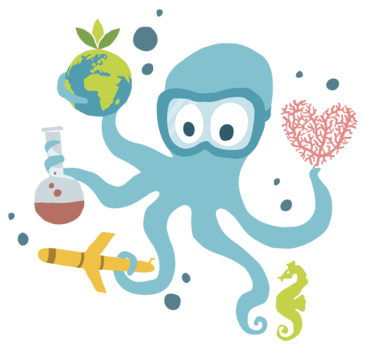-
Heading:
A
woman who received a lung transplant
developed peanut allergy from
her donor
-
Summary:
Although organs donations are the best thing to do if possible, they
have shown in particular cases like this, to bring along with them
some preferences of their donors.
A
non-unique
case happened to a 53-years old woman who recently received a
transplanted lung form a 22-years old man. The woman received the
life-saving lung transplant from a who suffered a peanut allergy, but
what she didn't know, was that the lung didn't came alone, it came
with the peanut allergy from its donor.
The woman, after eating a peanut butter and jam sandwich, started to
have breathing difficulties, just like the ones peanut-allergic
people have with their allergy attacks. She didn't present any skin
rashing nor stomach aches. She was diagnosed allergic to peanuts.
Doctors
say that not all organ
donations
bring along with them the allergies of the donors, they haven't
figured out any explanations. They say that these cases are only
particular cases with no explanations yet.
-
Link
or reference:
-
Publication
date:
January
2nd
2019
-
Scientific
field:
Health
-
Glossary:
None needed
- Text commentary:
I
chose to comment this new because it makes me feel intrigued about
how unknown is still the human body to us. It talks about a woman who
received a lung transplant and inherited the peanut allergy from its
donor. The woman never had shown any allergy signs to peanuts nor
almonds. The doctors cannot figure out any explanation to this woman
case nor other particular cases, like the one of an old
man who was given
a kiwi allergy along with a bone marrow donation from his sister.
This may only happen in different but isolated cases, but it
represents a dangerous condition as the receiver may not know if they
have a new allergy or not. As it only represents a very little
percentage of the total organ transplants cases, the possibilities
are very few.

No hay comentarios:
Publicar un comentario